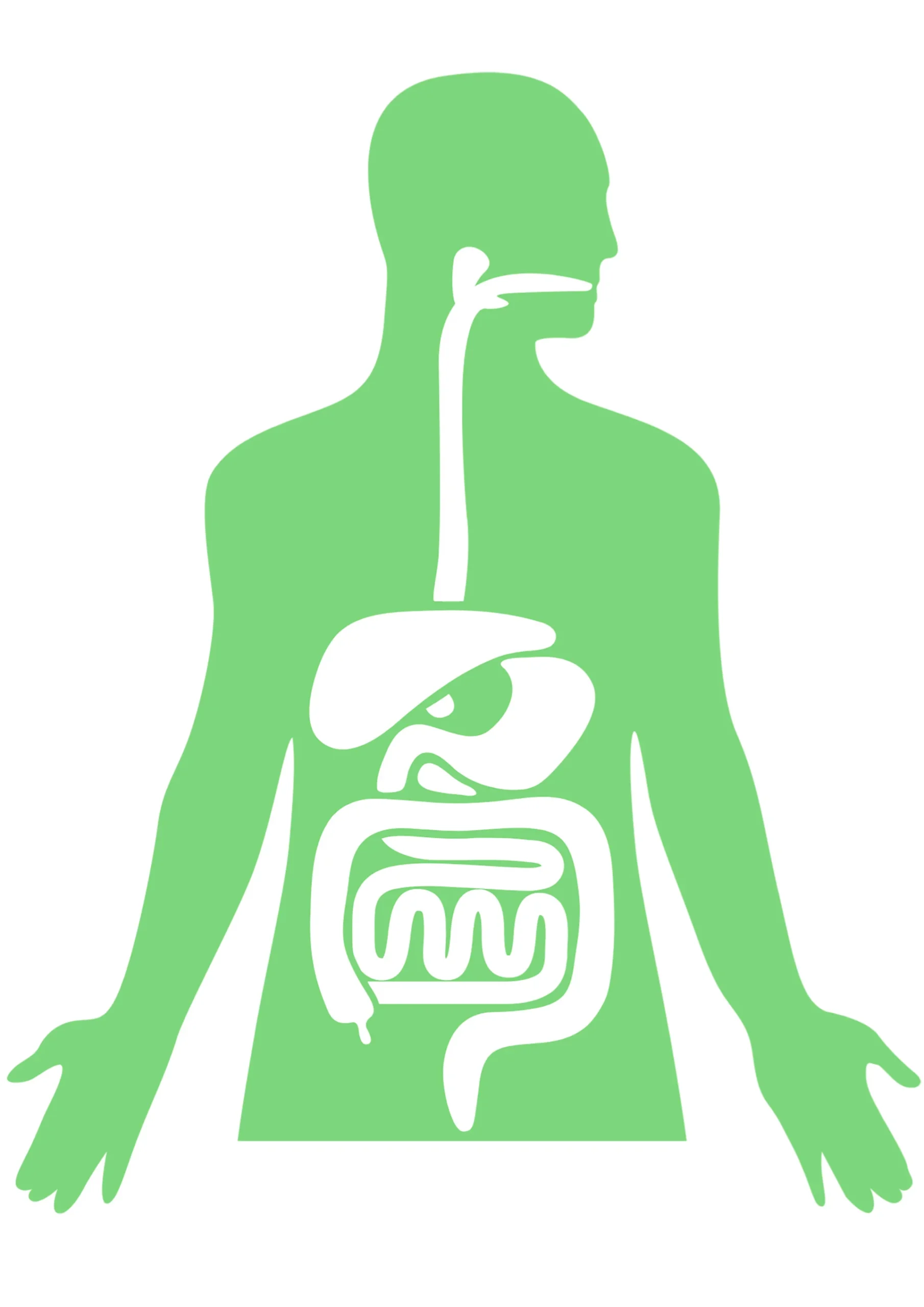Gastrointestinal Cancer Overview

The Gastrointestinal (GI) Tract
The gastrointestinal tract is your digestive system that leads from the mouth to the anus. The GI tract includes the mouth, throat, esophagus, stomach, small intestine, large intestine, rectum, and anus.
All the food you eat passes through this tract where the small intestine extracts the nutrients it contains which become energy for the body. When everything has been extracted, the waste is removed from your body through the rectum.
What is Gastrointestinal Cancer?
Cancer develops when healthy cells grow out of control. This can happen in the gastrointestinal tract when a DNA change causes abnormal cells to grow out of control. There are many causes for this, such as genetics or lifestyle choice.
There are many types of gastrointestinal cancer that depend on where the cancer is located. Some examples of gastrointestinal cancers are: mouth cancer, throat cancer, esophageal cancer, gastric/stomach cancer, small intestine cancer, colon cancer, rectal cancer, and anal cancer.
Gastrointestinal Cancer Screening

Risk Factors
Gender: Men are more likely to develop a gastrointestinal cancer.
Lifestyle: Smoking, consumption of alcohol, and an unhealthy diet increase your risk.
Diseases: Specific diseases can also cause tumors (cancer) in the GI tract such as gastroesophageal reflux disease, helicobacter pylori infection, diabetes, inflammatory bowel, and hepatitis B or C.

When To Get Screened
Gastrointestinal cancer screening is generally recommended starting at age 45. If your family has a history of prostate cancer it is recommended you get screened earlier. Consult with your doctor to determine when getting screened is best for you.

Screening Methods
There are many screening tests for different types of gastrointestinal cancer.
Often they include:
- Stool testing
- Colonoscopy
- Endoscopy
- Physical Exam
- Biopsy
- CT scan, MRI, PET, or other
- Blood tests Laparotomy
- Flexible Sigmoidoscopy
- Biomarker/molecular tumor testing
